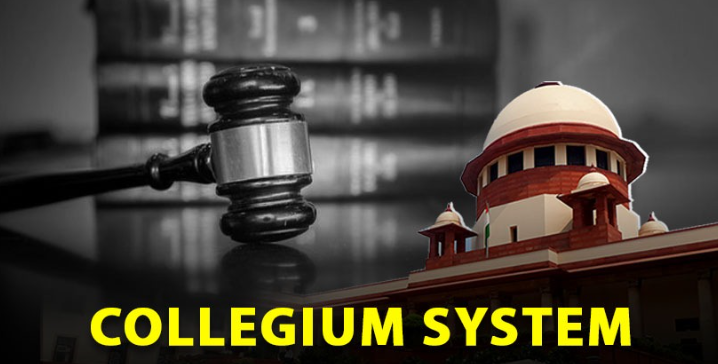The Collegium System in India refers to a group of high-ranking judges who make appointments and transfers of judges in the higher judiciary, specifically in the Supreme Court and High Courts of India.
Before the collegium system was introduced, the appointment and transfer of judges were primarily in the hands of the executive branch of the government. However, in 1993, the Supreme Court of India, in the case of “Supreme Court Advocates-on-Record Association v. Union of India”, declared that the judiciary should have primacy in the appointment and transfer of judges.
Following this judgment, the Collegium system was established, which consists of the Chief Justice of India and four other senior-most judges of the Supreme Court. The Collegium system is responsible for making recommendations for appointments and transfers of judges to the President of India. The President then issues a warrant of appointment based on the recommendation of the Collegium.
The collegium system has been subject to much debate and criticism, with some arguing that it lacks transparency and accountability, while others believe that it ensures the independence of the judiciary from political interference.
What is Collegium System Controversy in India?
The Collegium System in India has been subject to controversy since its inception. Some of the major controversies surrounding the Collegium System are:
- Lack of transparency: One of the major criticisms of the Collegium System is that it lacks transparency. The decision-making process of the Collegium is not made public, and there is no clear criteria or guidelines for the selection of judges.
- Nepotism: Another issue with the Collegium System is that it is often accused of promoting nepotism. The appointments made by the Collegium have been criticized for favoring the candidates who are related to or have close ties with the sitting judges.
- Regional representation: Another issue with the Collegium System is that it does not adequately represent the diversity of the country. Critics argue that the Collegium is often dominated by judges from certain regions or communities, leading to a lack of representation for other regions and communities.
- Judicial activism: Some critics argue that the Collegium System has led to judicial activism, with judges using their appointment powers to promote their own views and agendas.
To address these issues, there have been calls for reforming the Collegium System. The government has attempted to introduce a National Judicial Appointments Commission (NJAC) to replace the Collegium System, but the Supreme Court struck down the NJAC as unconstitutional in 2015. The issue of judicial appointments remains a contentious issue in India.

